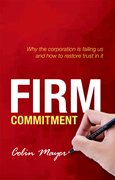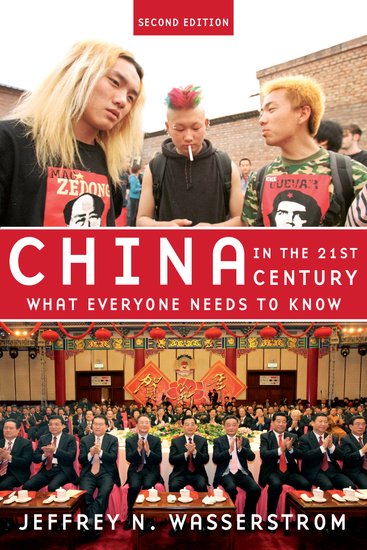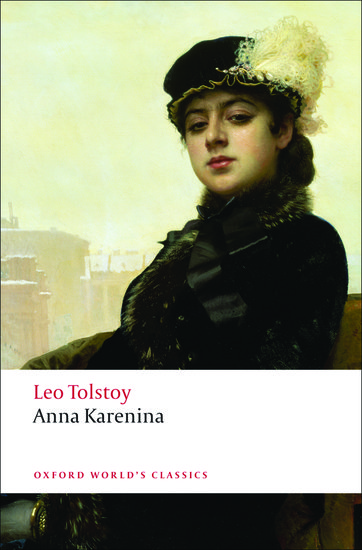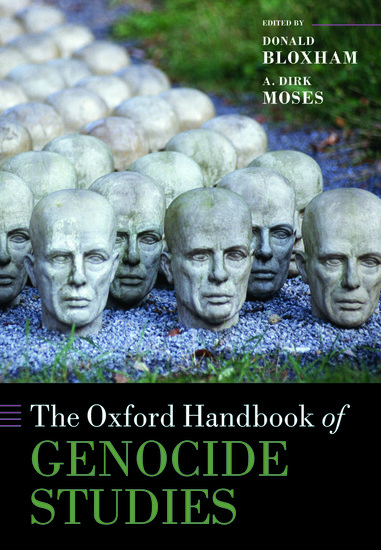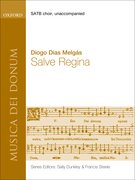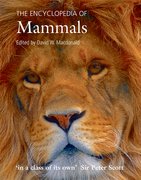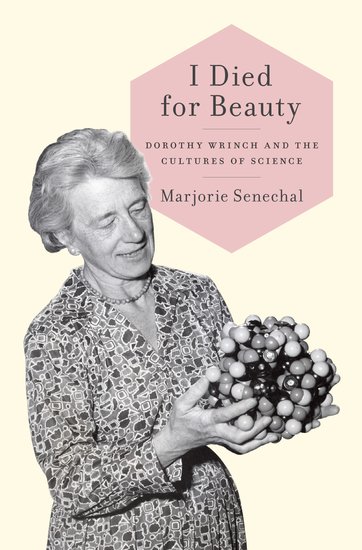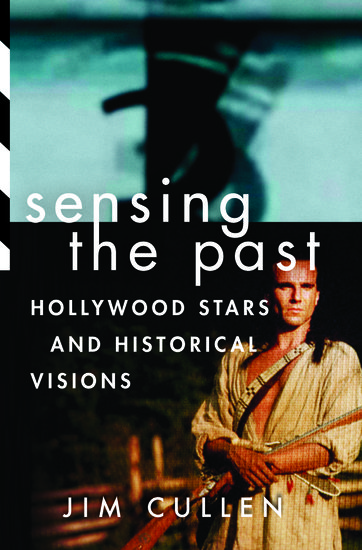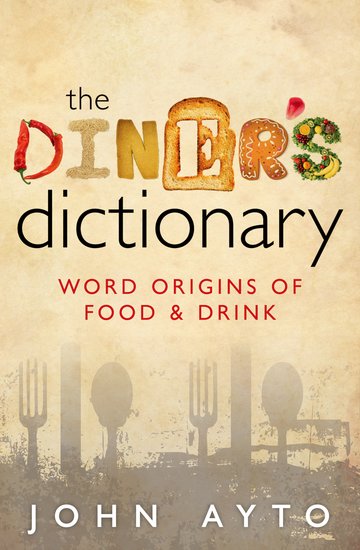Why the corporation is failing us, and how to restore it
The corporation is the most important institution in the world – an institution that clothes, feeds and houses us; employs us and invests our savings; and is the source of economic prosperity and the growth of nations around the world. At the same time, it has been the cause of terrible poverty, deprivation and environmental degradation, and these problems are set to increase in the future.

